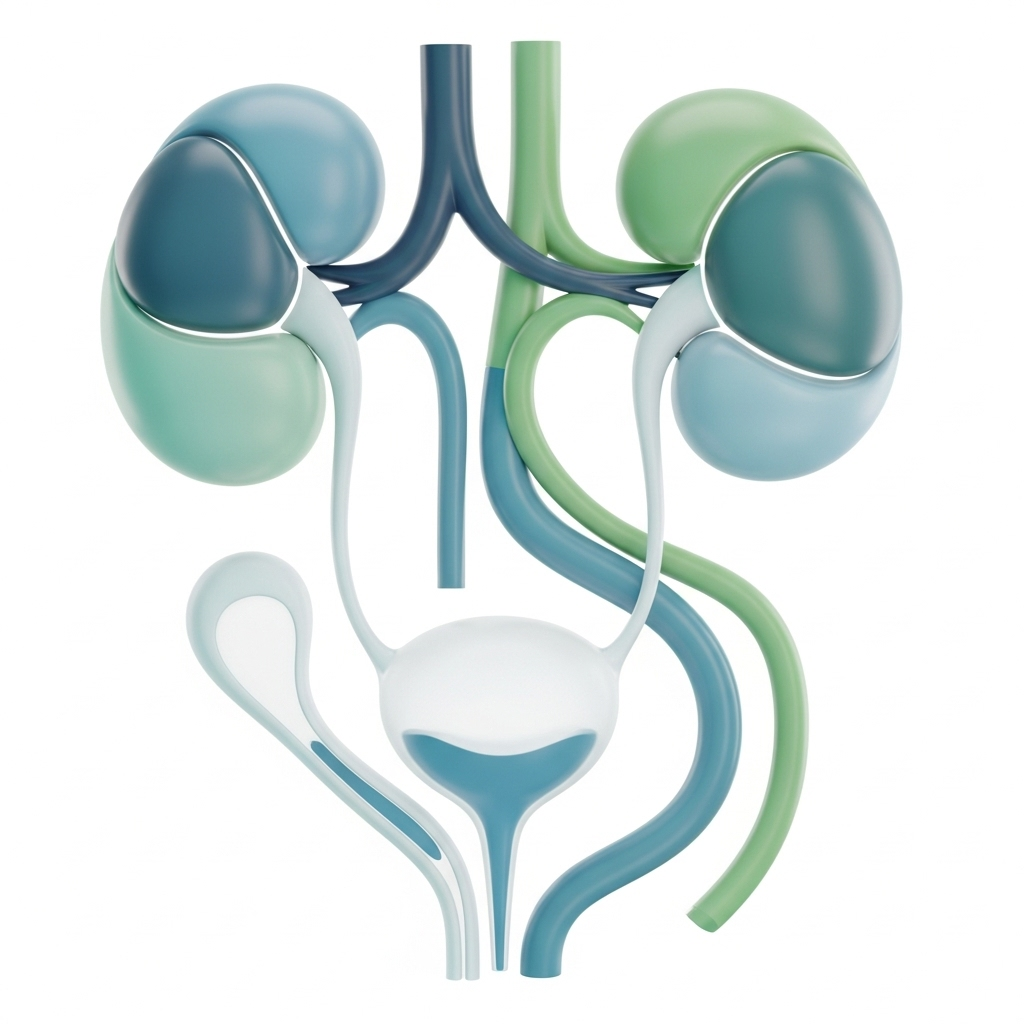Urology is a specialized field of medicine that focuses on the health of the urinary tract in both men and women, and the male reproductive system. Given its vital role in our overall well-being, it’s natural to have questions about urological health. Here are some frequently asked questions (FAQs) to provide quick answers to common concerns.
Q1: What exactly does a urologist treat?
A: A urologist is a medical doctor and surgeon who diagnoses and treats conditions affecting:
- The urinary tract in both men and women: This includes the kidneys (which filter waste), ureters (tubes carrying urine from kidneys to bladder), bladder (stores urine), and urethra (tube that empties urine from the body).
- The male reproductive system: This encompasses the testes, epididymis, vas deferens, seminal vesicles, prostate, and penis.
Basically, if it involves your kidneys, bladder, or male reproductive organs, a urologist is likely the specialist to see.
Q2: What are some of the most common urological conditions?
A: Urologists treat a wide range of conditions, but some of the most common include:
- Urinary Tract Infections (UTIs): More common in women, these are bacterial infections that can affect any part of the urinary tract.
- Kidney Stones: Hard deposits of minerals and salts that form in the kidneys and can cause severe pain.
- Benign Prostatic Hyperplasia (BPH) / Enlarged Prostate: A non-cancerous enlargement of the prostate gland, common in aging men, leading to urinary symptoms.
- Urinary Incontinence: The involuntary leakage of urine, affecting both men and women.
- Erectile Dysfunction (ED): The inability to achieve or maintain an erection firm enough for sexual intercourse.
- Overactive Bladder (OAB): A condition characterized by a sudden and strong urge to urinate, often leading to frequent urination and sometimes leakage.
- Cancers of the urinary tract and male reproductive system: Including bladder cancer, kidney cancer, prostate cancer, and testicular cancer.
Q3: When should I consider seeing a urologist?
A: While your primary care physician can address many general health concerns, it’s advisable to see a urologist if you experience:
- Changes in urination: Frequent urination, urgent need to urinate, painful urination, difficulty starting or stopping urination, weak urine stream, or incomplete bladder emptying.
- Blood in your urine (hematuria) or semen.
- Persistent pain: In your lower back, side, groin, or pelvic area.
- Recurrent urinary tract infections (UTIs).
- Male specific issues: Trouble getting or maintaining an erection, low sex drive, testicular pain or abnormalities, or concerns about male infertility.
- If you are a man over 50 (or earlier with a family history) for prostate health screenings.
Q4: How can I maintain good urological health?
A: Simple lifestyle habits can significantly contribute to a healthy urinary system:
- Stay Hydrated: Drink plenty of water throughout the day (aim for clear or light yellow urine). This helps flush out bacteria and prevent kidney stones.
- Urinate Regularly: Don’t hold your urine for extended periods. Empty your bladder completely when you go.
- Practice Good Hygiene: For women, always wipe from front to back after using the toilet to prevent bacteria from entering the urethra. Urinate after sexual activity to help flush out any bacteria.
- Eat a Balanced Diet: A diet rich in fruits, vegetables, whole grains, and lean proteins supports overall health, including kidney function. Limit excessive sodium and processed foods.
- Limit Irritants: Reduce your intake of caffeine, alcohol, artificial sweeteners, and spicy or acidic foods if they seem to irritate your bladder.
- Exercise Regularly: Physical activity helps maintain a healthy weight and can improve bladder control by strengthening pelvic floor muscles.
- Manage Stress: Chronic stress can impact bladder function. Practice stress-reducing techniques like yoga or meditation.
- Quit Smoking: Smoking is a significant risk factor for bladder cancer and other urological issues.
- Maintain a Healthy Weight: Obesity can contribute to various urological problems, including incontinence.
- Regular Check-ups: Don’t hesitate to consult your urologist if you experience any persistent or concerning symptoms. Early detection is key for many conditions.
Remember, these FAQs offer general information. For personalized advice and diagnosis, always consult with a qualified healthcare professional. Your urological health is an important part of your overall well-being, so don’t hesitate to seek expert care when needed.

